Anticipating FMD, FVM Unud Holds Biosecurity Guidance and Disinfectant Assistance for Cattle Breeders in Petak Village, Gianyar
Gianyar – The Department of Veterinary Basic Sciences, Faculty of Veterinary Medicine, Udayana University (FVM Unud) together with the Gianyar Region III Health Center held the Udayana Service Program in the form of Technical Guidance on Cage Biosecurity and Parasitic Disease Control for cattle farmers in Petak Village, Gianyar District, Gianyar Regency, Friday ( 15/07/2022).
Head of Regional III Puskeswan Gianyar drh. Arya Dharma said that this activity was chosen to be focused on members of Simantri 401 Bina Satwa Lestari, Petak Village, with a total of 48 cows. “Assistance and development of livestock farmer groups has been carried out on an ongoing basis. This group was chosen as the target of the campus service program, because there was a request from the group leader,” he said.
Chief Executive of community service Dr. dr. Surya Heryani, M. Biomed stated that this community service activity is a manifestation of the implementation of the Tri Dharma of Higher Education, involving lecturers and students. "The purpose of this community service is to increase the knowledge and capacity of cattle farmers in terms of biosecurity of cages in the midst of the spread of Foot and Mouth Disease (FMD) in cattle in Bali," she said.
Furthermore, Heryani said that in order to maintain the health and increase the productivity of cattle, it is necessary to control the parasitic disease on a regular basis programmed. Control of internal parasites such as worms, and external parasites such as fleas, mites and flies.
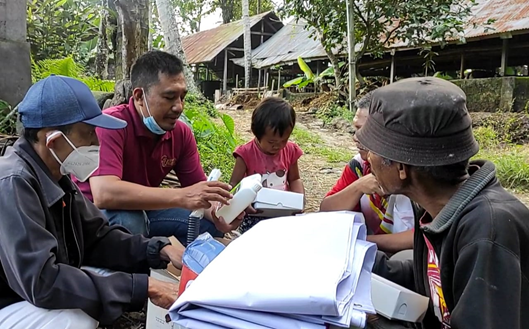
On this occasion a member of the service drh. Made Merdana, gave guidance on the use of disinfectants for biosecurity purposes in an effort to prevent infectious diseases in cattle, such as FMD. In addition, farmers are also taught actions to control parasitic diseases (control of worms, fleas, mites and flies).
The head of the Bina Satwa Lestari, I Nyoman Tempil, said that currently the group has a population of 48 cows consisting of 28 mothers, 3 males and the remaining 17 calves and young cows. The condition of the cows is generally healthy, some of the cows appear to have skin diseases.
As the closing of the service activities, the distribution of disinfectant drugs, deworming drugs, ectoprasite drugs, wound sprays, and electric sprayers as well as a group photo was carried out.
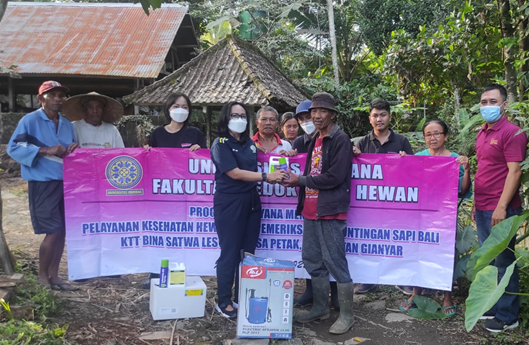
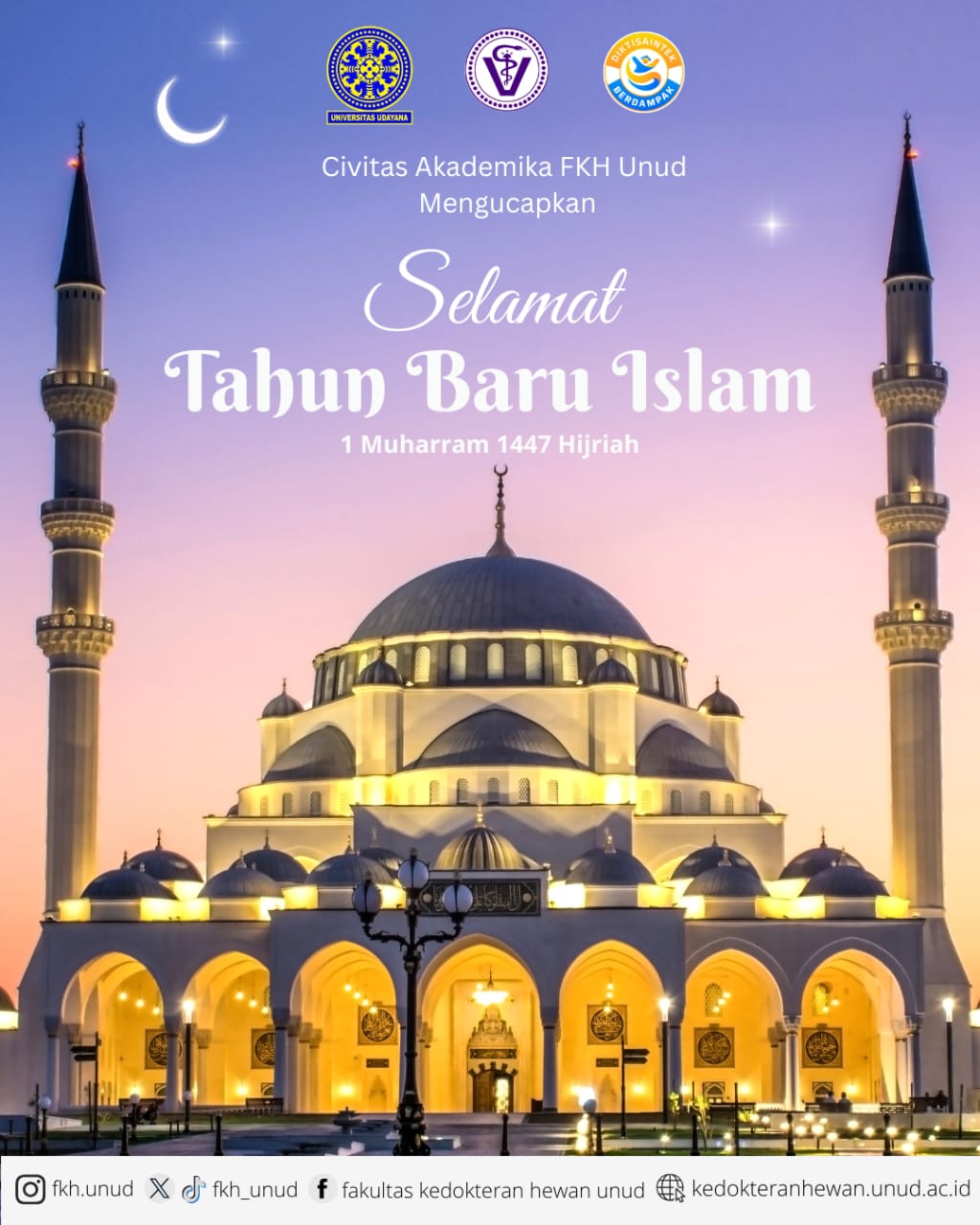
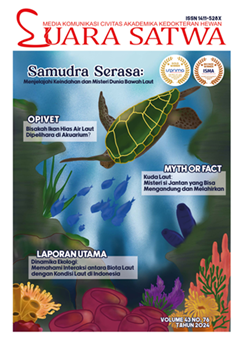
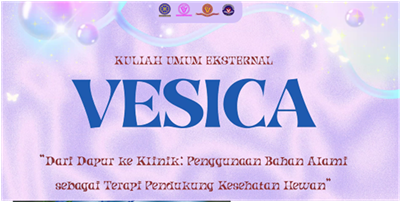
UDAYANA UNIVERSITY